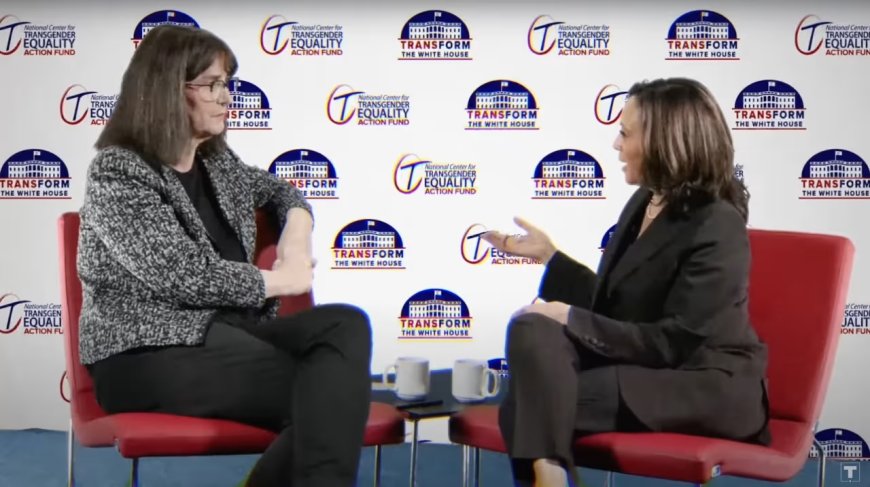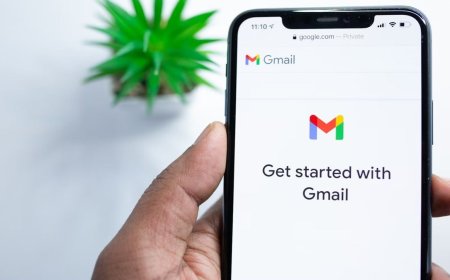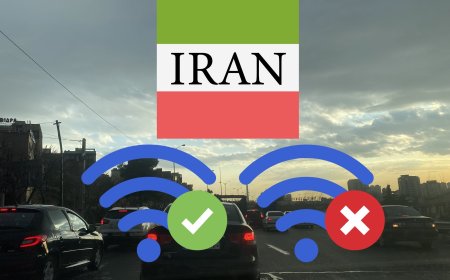Democratic Candidates Should Shred Interest-Group Questionnaires


Last month, the organization where we work, Third Way, urged Democrats to reject the policy and political pledges myriad progressive groups demand of the Party’s officeholders and candidates. We argued that if we let candidates fall prey to the siren song of far-left groups who claim to speak for our coalition, “we might as well save ourselves billions and countless hours of blood, sweat, and tears and just sit out the next election.” Here is one simple and determinative step Democrats can take to declare independence from progressive orthodoxy: Tear up all candidate questionnaires and surveys that box us into complicated and often indefensible positions.
Let’s be clear: The purpose of candidate questionnaires is not to broaden policy considerations but to narrow them. They are litmus tests to pressure candidates into positions they otherwise wouldn’t take, filled with jargon no ordinary person would use, and championing legislation that will never pass. Few flesh-and-blood candidates fill out these questionnaires because they tend to be long, turgid, and voluminous. The answers almost always represent the best guesses of campaign staff, who fill them out to win a coveted endorsement that could raise money and gain attention.
But questionnaires come with a general election price that is too high. In anything resembling a swing state or district, they fail the test of independent judgment and authenticity. Instead, they come across as interest group appeasement. In many candidate questionnaires, there are traps where candidates check “yes” on a position they hope no one will notice. Once upon a time, that was a reasonable gambit. In the information age, that is now whistling past the graveyard.
Exhibit A of a victim of the questionnaire trap is former Vice President Kamala Harris. For 106 days as the Democratic presidential nominee in 2024, Harris ran a campaign targeted to appeal to swing voters and the moderates essential to a winning Democratic presidential coalition. But her candidacy was blindsided by surveys she filled out in 2019, during her short-lived presidential bid, including one that Republicans easily weaponized. Ironically, the offending question (about taxpayer funding for healthcare for transgender people in federal prisons) was not asked by a transgender advocacy organization but by the ACLU.
That leads to another reason candidates should junk questionnaires: most careen wildly beyond each group’s lane of expertise and merge into other progressive lanes. The desire may be to show solidarity with other progressive causes; the reality is a bloody crash. As a result of this ACLU questionnaire, there were two casualties: the Kamala Harris campaign and transgender people who have been unfairly scapegoated in the “why we lost” blame game through actions not of their choosing and now suffer under a president who is kicking them out of the armed forces, banishing their identities from passports and other government forms, and otherwise canceling them in the truest sense of the word.
A sampling of candidate questionnaires reveals a litany of loaded questions that demand candidates take positions that lean into identity politics, deploy opaque faculty lounge language, and divert attention to niche issues far from the top concerns of most voters.
This questionnaire asked candidates to “affirm a pregnant person’s (emphasis added) right to obtain abortion care.”
This one demanded “clemency … to release 25,000 people from the federal prison system [plus] direct federal incentives to the states aimed at releasing 250,000 more.”
Many reduced complicated policy questions to landmines: ending cash bail, canceling student loans, voting for the Green New Deal, demanding no new fossil fuel infrastructure, reducing ICE and CBP funding, supporting Medicare for All, and offering a guaranteed wage.
Some questionnaires obfuscate because clarity would be awkward, like the League of Conservation Voters’ opposition to permitting reform, which is hidden behind a green smokescreen: “Do you oppose all legislative efforts to undermine environmental laws which would make the regulatory process work against, rather than for, strong and effective public protections?” It sounds reasonable until you realize that this policy would make rebuilding the electricity grid impossible in anything resembling a timely manner.
Still others require Talmudic scholars to interpret their meaning, like this mouthful from the Sierra Club. “Will you support the development of a new, climate-friendly trade model—including the establishment of a carbon dumping fee on polluting imports—and the revision of trade agreements to add binding climate, environmental, labor, and human rights standards so that countries and corporations are incentivized to invest in a rapid transition that serves workers, frontline communities, and the planet?” Sounds just like a swing voter in a focus group!
And if that’s not enough, some questionnaires demand “above and beyond maintaining a 100% voting record while in office”—in other words, fealty or exile.
Many excellent and worthy public interest organizations are out there. Some of those groups are progressive and do the Lord’s work. We should be thankful for their dedication and passion. They play a vital role in the Washington ecosphere, both in the political and policy space. Not every questionnaire is filled with booby traps or difficult-to-defend positions.
But we’ve lost the right to have nice things because too many fail the test of mainstream views, and the sheer volume of these surveys has ballooned. And let’s not forget that Democrats routinely score 100 percent on these surveys but often receive less than 50 percent of the actual vote of the membership many of these groups represent. Something has to change.
At a meeting we held with about 80 campaign operatives, former officeholders, think tankers, pollsters, and opinion-makers, the topic of questionnaires elicited an audible groan. Simply put, interest group candidate surveys don’t broaden the policy debates; they narrow them. They don’t encourage candidate independence and authenticity; they stifle it. They don’t increase a candidate’s chances of winning a general election; they shrink them.












































